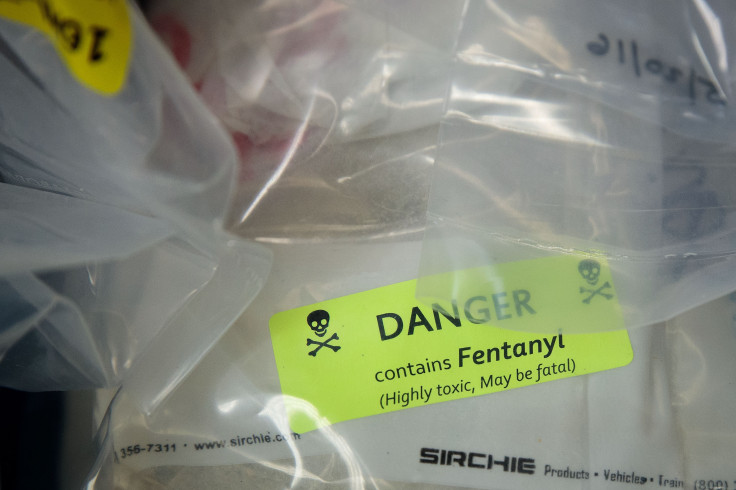
Mexican cartels are using Canadian ports to get a hold of fentanyl precursor chemicals used to manufacture the drug, according to a document from the government.
Concretely, the memo by the Canada Border Services Agency (CBSA) details that criminal networks transport totoaba fish, an endangered fish whose trade is illegal, from the West Coast to China while precursor chemicals used in fentanyl production are sent through Canada.
The report, analyzed by local press, describes Canada as a "transit point" for the illegal trades. It highlights a collaboration between Chinese and Mexican criminal organizations and refers to their activities as poly-criminal as they dabble in different industries for their illicit businesses.
Luis Horacio Nájera, a journalist specializing in cartel activity, told CBC that the Vancouver port is particularly vulnerable because it links the West Coast ports of Manzanillo and Los Angeles to Asian and European markets. A 2023 U.S. Treasury Department report also identified Vancouver as a strategic post for the Sinaloa Cartel's fentanyl distribution network.
Totoaba, an endangered fish species native to Mexico's Gulf of California, has been heavily poached for its swim bladder, which can sell for up to $80,000 per kilogram on the Chinese black market. The bladders are used in traditional cuisine, medicine, and cosmetics. The demand has led to increased illegal fishing, contributing to the decline of other marine species.
The report's findings come amid heightened political focus on fentanyl trafficking. U.S. President Donald Trump has cited the drug's flow into the U.S. as grounds for potential trade tariffs, prompting both Canada and Mexico to announce the strengthening of border security measures to avoid them. The Canadian government has appointed a fentanyl czar and reaffirmed a $1.3-billion border security plan, which includes new aircraft, technology, and personnel. Officials have also indicated that cartels may be designated as terrorist organizations like it happened in the U.S. this week.
Data from U.S. Customs and Border Protection shows relatively low fentanyl seizures at the Canadian border compared to Mexico. In 2023, authorities confiscated 19.5 kilograms of fentanyl at the U.S.-Canada border, compared to 9,570 kilograms at the U.S.-Mexico border.
© 2025 Latin Times. All rights reserved. Do not reproduce without permission.




